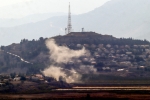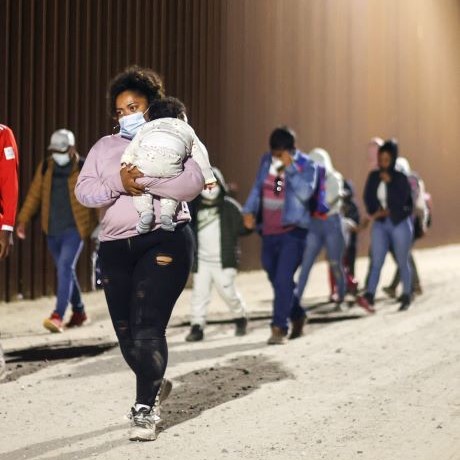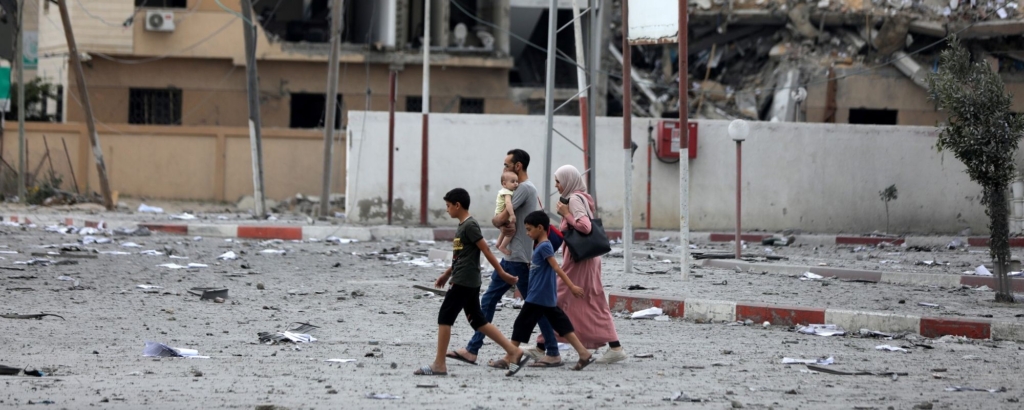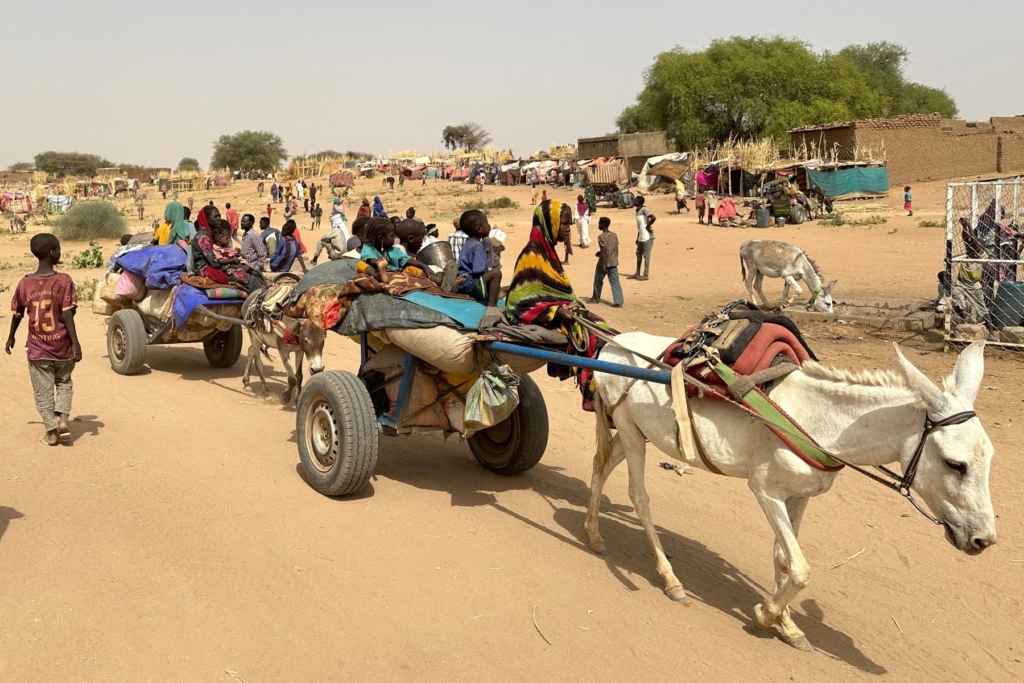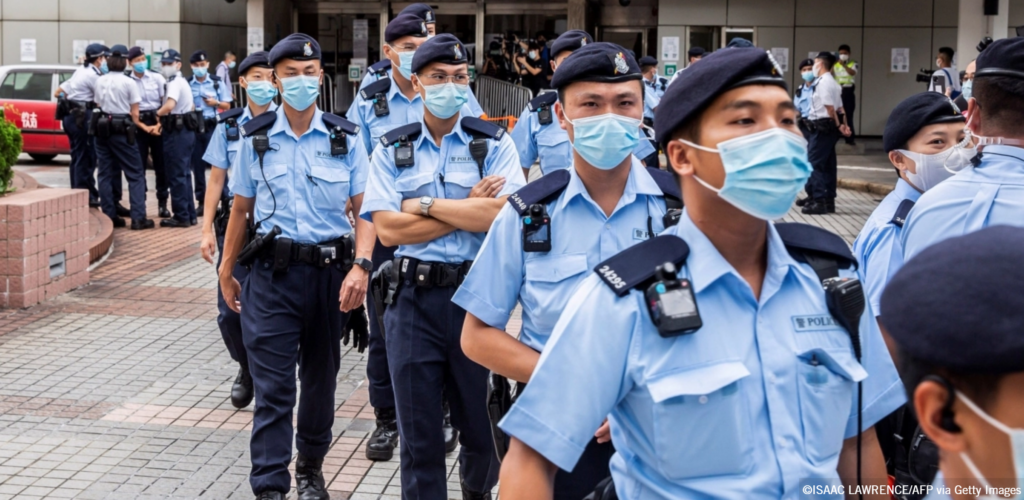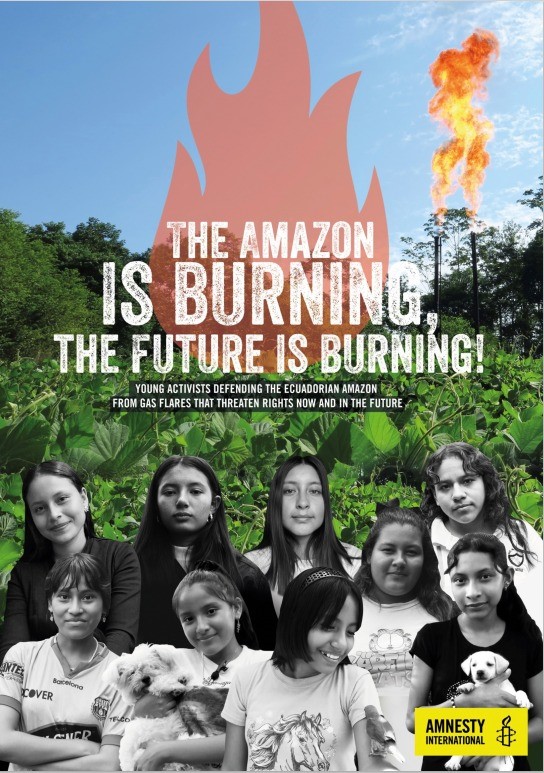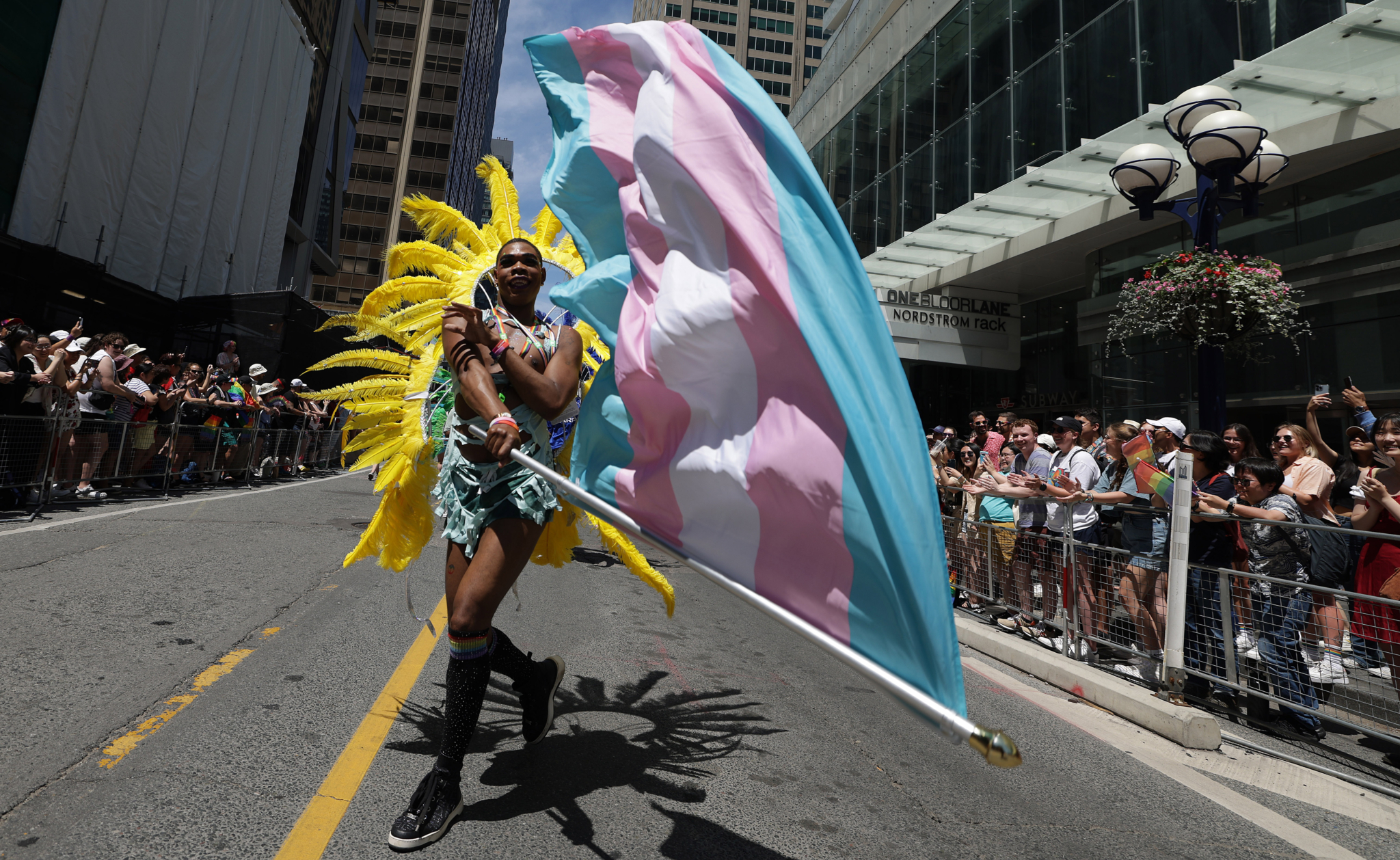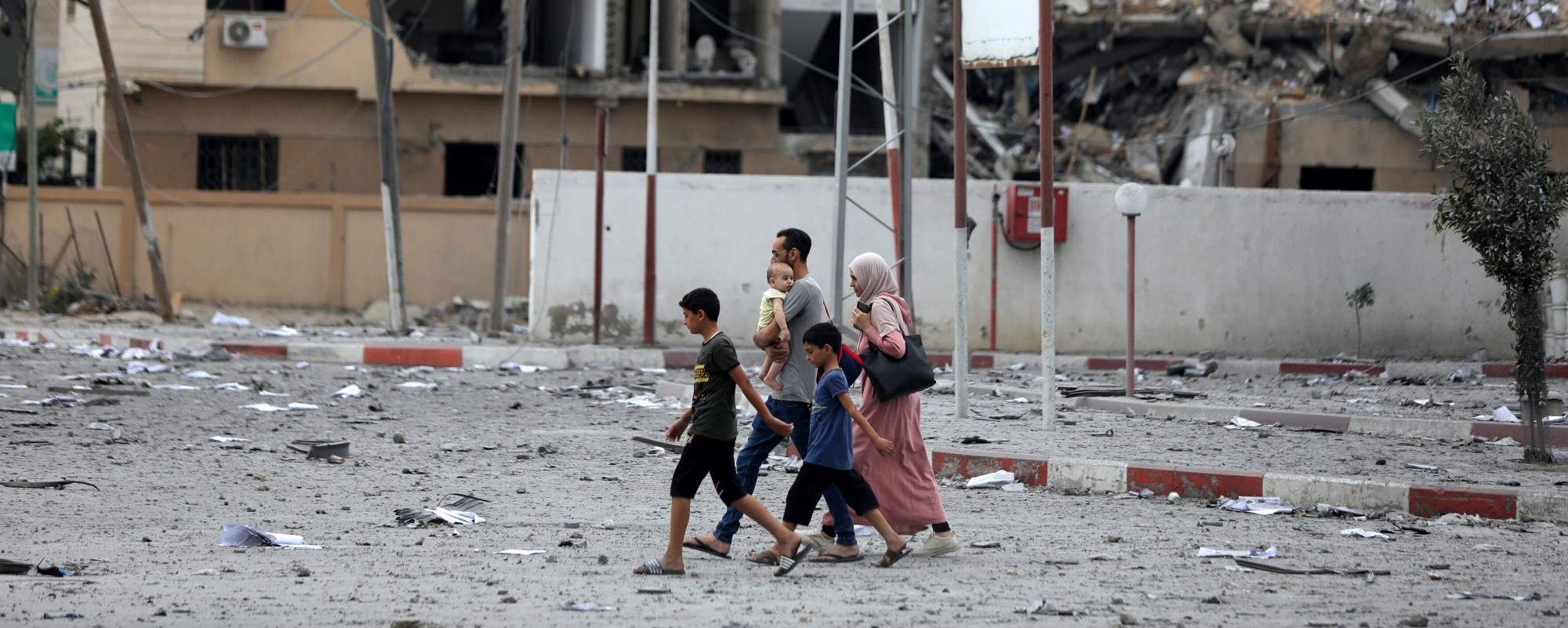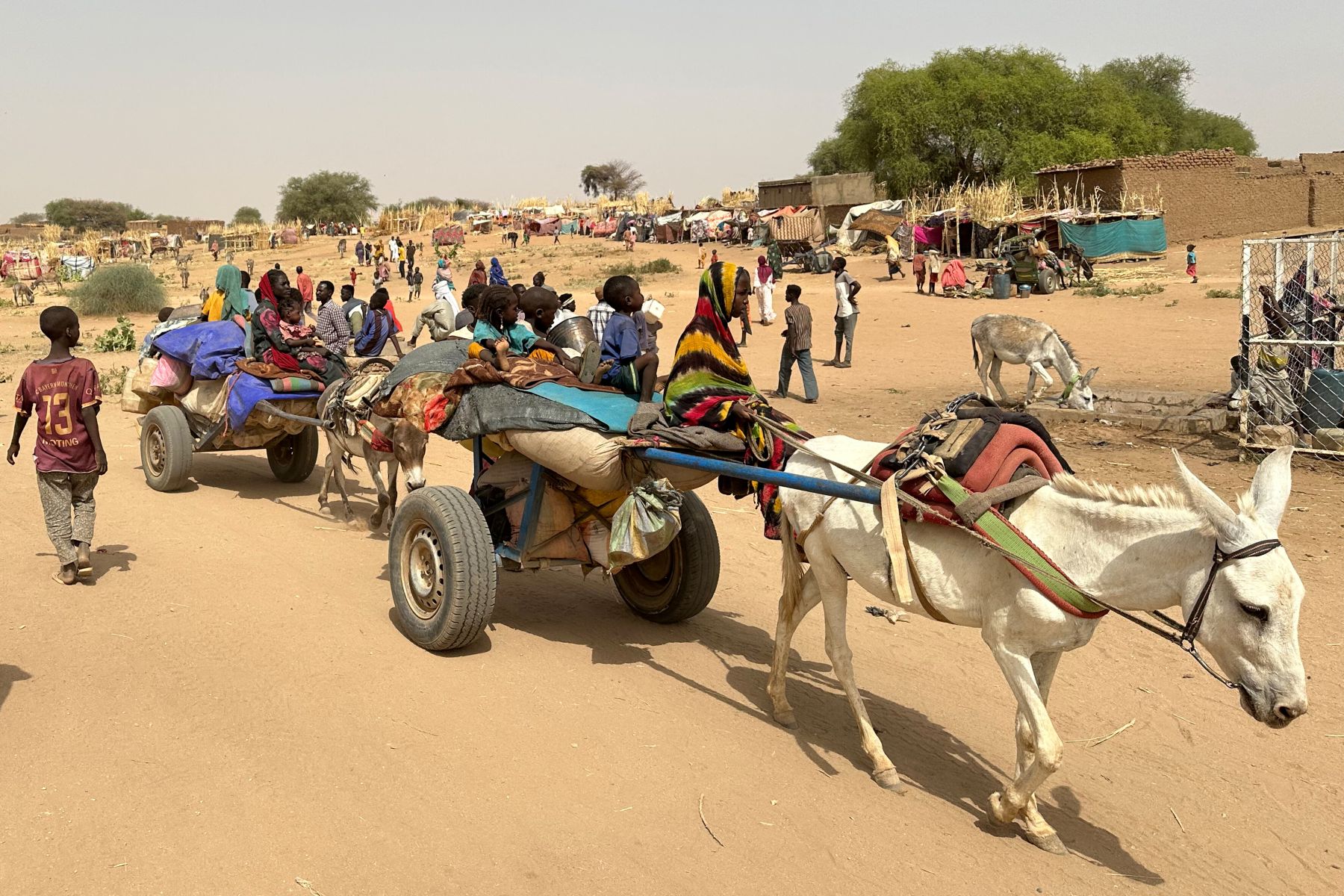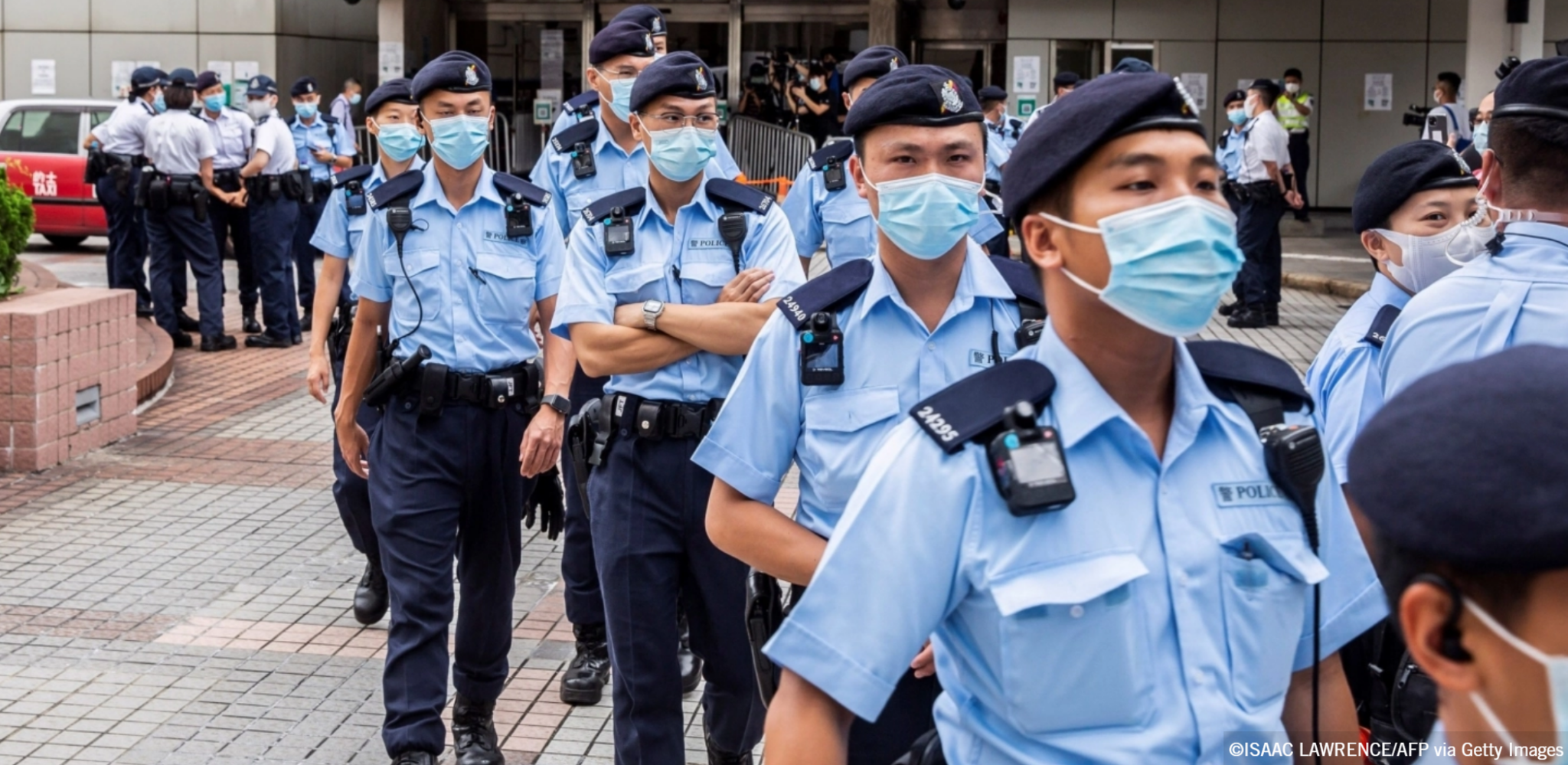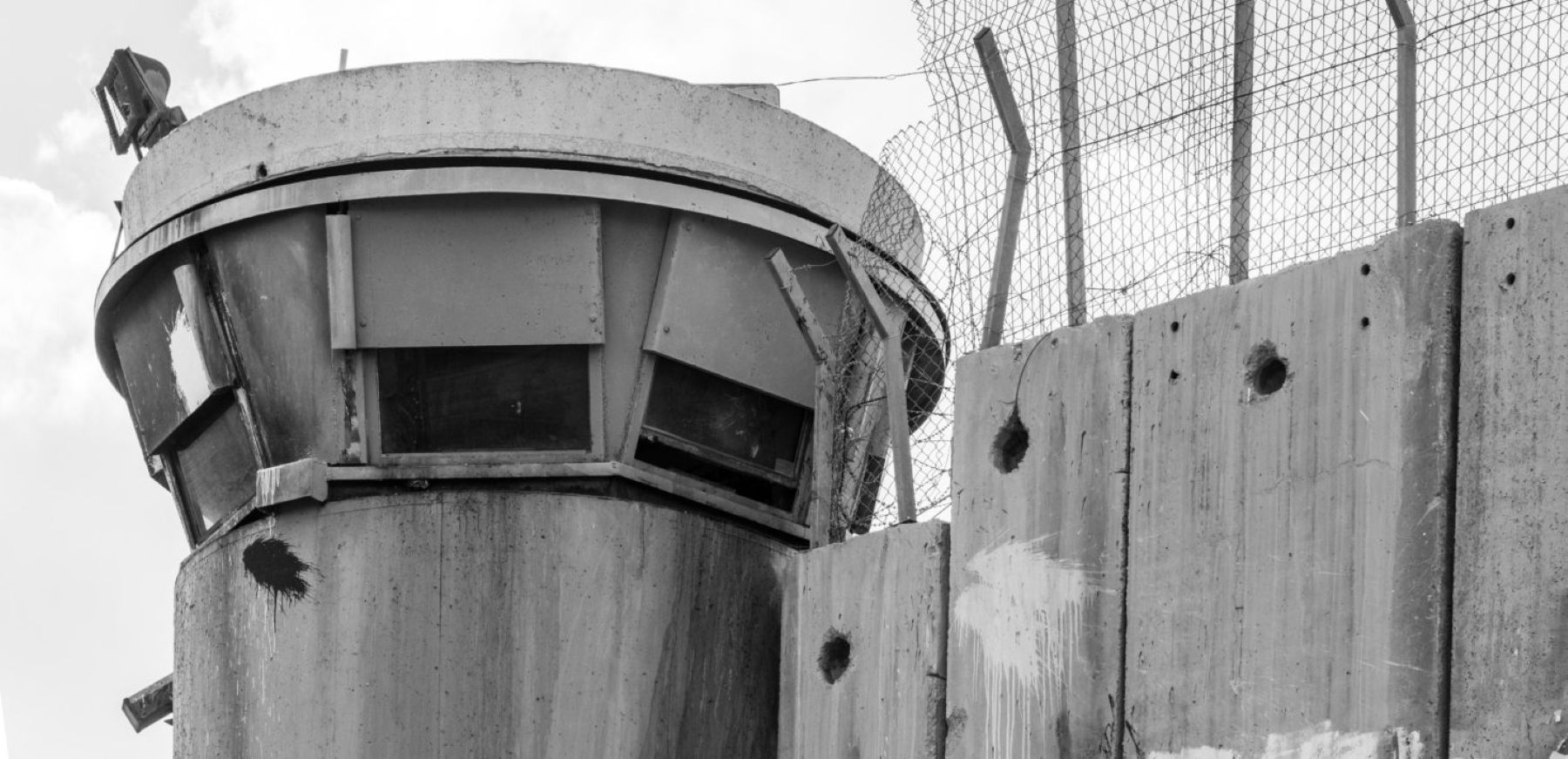New #WelcomeToCanada campaign actions in British Columbia, Quebec, and Nova Scotia
(Ottawa, April 4, 2022) – Canada’s practice of incarcerating immigration detainees in provincial jails is inconsistent with international human rights standards, and jail conditions potentially breach federal-provincial immigration detention contracts, Human Rights Watch and Amnesty International said today. The groups released a legal memorandum about the practice today, on Canada’s Refugee Rights Day.
The federal-provincial contracts, which are not public but were obtained through access to information requests, obligate the provinces to provide just and humane treatment to immigration detainees in provincial jails and to avoid co-mingling them with people imprisoned under the criminal justice system, Human Rights Watch and Amnesty International said. Conditions in provincial jails are abusive, and these facilities are also inherently punitive and should not be used for immigration detention.
“Canada should get on the path to abolishing immigration detention, and immediately end the incarceration of immigration detainees in provincial jails,” said Samer Muscati, acting deputy disability rights director at Human Rights Watch. “The provinces should urgently cancel these detention contracts and stop their complicity in the abuses taking places in their jails.”
Every year, Canada incarcerates hundreds of people on immigration-related grounds in dozens of provincial jails across the country, including in maximum-security facilities. People in immigration detention are regularly handcuffed, shackled, restricted to small spaces with rigid routines, and placed under constant surveillance. They are routinely held in the same wings and cells as people held on criminal charges or convictions.
Migrants and refugee claimants in immigration detention who have mental health conditions may be placed in provincial jails and in solitary confinement specifically because of their health conditions, the groups said. The Canada Border Services Agency (CBSA) has justified this discriminatory and abusive practice by claiming that people with these health conditions have “access to specialized care” in provincial jails, and that the authorities can “effectively manage them in light of their behavior” in these facilities.
In October 2021, Human Rights Watch and Amnesty International launched the #WelcomeToCanada campaign in British Columbia, calling on provincial authorities to terminate their agreements with the federal government and to stop allowing the border agency to transfer immigration detainees to provincial jails.
In a positive development, the British Columbia government said in January that it will review its agreement and conclude the review in June. Human Rights Watch and Amnesty International made a joint submission to the review, along with local and national grassroots organizations, advocates, and people with lived experiences in immigration detention.
On April 4, the #WelcomeToCanada campaign delivered a petition to Quebec provincial authorities with more than 7,000 signatures from the public calling on the province to end its agreement with the border agency.
The campaign is now broadening to the province of Nova Scotia, where immigration detainees are held in provincial jails by default because the province has no dedicated immigration holding center. According to access to information requests, Human Rights Watch and Amnesty International have learned that the federal government pays Nova Scotia one of the highest per diem rates in the country, at nearly $400 per person.
“The first thing I saw in Canada was jail,” said a refugee claimant from Afghanistan who was detained in a provincial jail in Nova Scotia upon his arrival in 2017. “I thought Canada was better than this… We are human like you, but we have no country.”
The border agency has full discretion over where people in immigration detention are held, with no legal standard guiding the agency’s decision to hold a person in a provincial jail rather than an immigration holding center. Following the onset of the coronavirus pandemic, the agency has relied more heavily on provincial jails, holding 40 percent of immigration detainees in those facilities in the 2020-2021 fiscal year. This was double the percentage in previous years.
The scope of the border agency’s authority is immense compared with other law enforcement agencies in Canada, such as the Canadian Security and Intelligence Service and the Royal Canadian Mounted Police, Human Rights Watch and Amnesty International found. The agency is empowered to enter arrangements with foreign states and international organizations, as well as agreements or arrangements with provincial governments, departments or agencies of the Canadian government, or “any person or organization.” It also remains the only major law enforcement agency in Canada without independent civilian oversight, despite documented abuses in immigration detention.
In January 2022, a person died in the border agency’s custody at the immigration detention center in Laval. The agency has refused to release any information regarding the person’s identity, why they were detained, and the circumstances of their death. Since 2000, at least 16 people have died in the border agency’s custody, and most were held in a provincial jail at the time.
“CBSA lacks independent civilian oversight to monitor the exercise of its immense powers, which makes it difficult to hold it to account,” said Ketty Nivyabandi, secretary general of Amnesty International Canada. “It is clear that serious human rights abuses take place within the immigration detention system, which is why provincial authorities should end their involvement with this reprehensible regime.”
For more information, please contact:
For Human Rights Watch, in Toronto, Samer Muscati (English): +1-437-886-2505 (mobile); or muscats@hrw.org. Twitter: @SamerMuscati
For Human Rights Watch, in Toronto, Hanna Gros (English): grosh@hrw.org
For Amnesty International Canada, in Ottawa (English): media@amnesty.ca
For Amnistie internationale Canada francophone, in Montreal, Camille Ducroquet (French): +1-514-766-9766 poste: 5236 (mobile); or cducroquet@amnistie.ca. Twitter: @AmnistieCA











